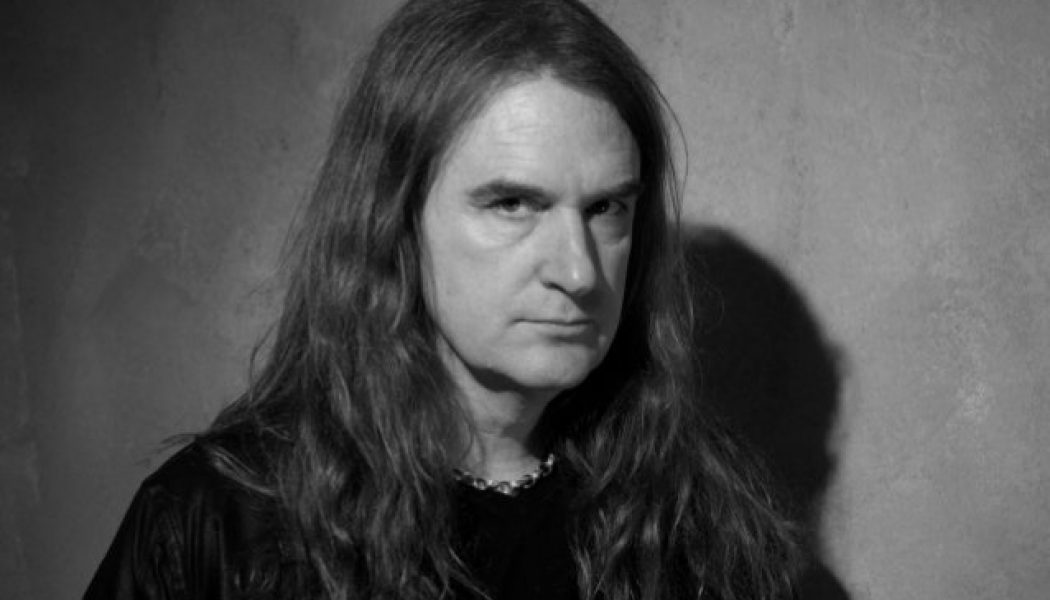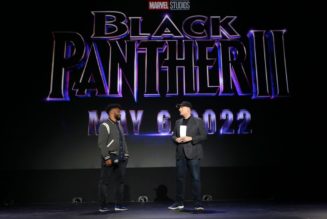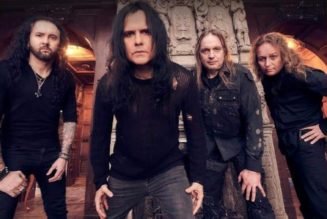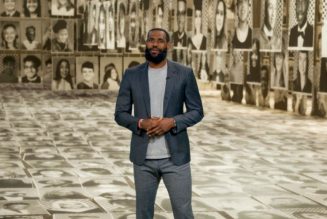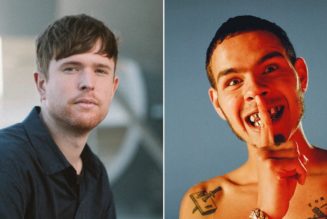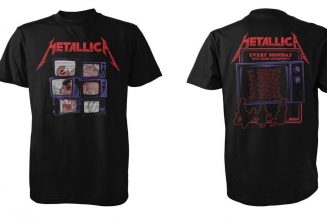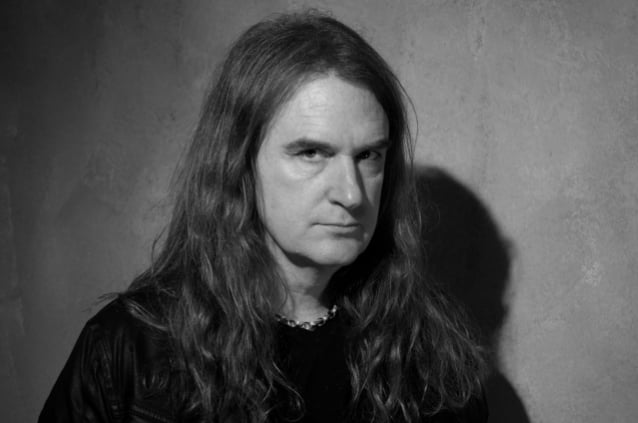
In a new interview with the “Behind The Vinyl” podcast, MEGADETH bassist David Ellefson reflected on his band’s U.S. arena tour three decades ago as the support act for JUDAS PRIEST. He said (hear audio below): “We did the ‘Rust In Peace’/‘Painkiller’ tour together for three or four months with PRIEST back in ’90 and ’91. And we’d be at soundcheck, and you can see the dynamics in a band behind the stage. And the PRIEST guys were lovely guys; they were just nothing but gentlemen to us. But every band’s got its thing and its hierarchies and its inner workings.
“So when [JUDAS PRIEST singer] Rob [Halford] left [the band shortly after the completion of the tour], as shocking as it was, it was kind of, like, ‘Well, you wanna do something different,'” he continued. “And then, of course, I’ve read [former JUDAS PRIEST guitarist] K.K.‘s [Downing] book, and I know K.K. now pretty well, and he talked about how he was actually putting in his resignation after ‘Painkiller’. He was, like, ‘Fuck this! I’m done with this.’ He was writing his [resignation letter] on the plane flying to L.A., and by the time he landed, the news went out that Rob had already quit the band.
“So, the ‘Painkiller’ tour, I could see it, actually, happening,” Ellefson added. “You could tell all was not well in Disneyland. And hey, people have probably toured with MEGADETH and seen the same thing, and gone, ‘Yeah, shit’s fucking weird, man, in Megaland.’ And again, this is behind-the-scenes stuff. You would never talk about this at the time, but now, we’re 30 years later, memoirs are written, so I’m just sort of kind of echoing what they’ve already written about in their books.”
A year ago, Halford spoke to SiriusXM‘s “My First Time” about his decision to leave PRIEST in 1992 before going on to record and tour with the aggressive metal group FIGHT and the industrial project 2WO before his return to traditional metal with the eponymous band HALFORD in 2000 and eventual PRIEST comeback in 2003. Asked if he needed to leave PRIEST for a while to understand the other parts of his musical personality, Rob said: “Yes. And I think that if I hadn’t done that, we’d be talking about a lot of different things right now.
“Life is, to me… As I’ve gotten older, I’m trying to figure things out [laughs] — still,” he explained. “It’s a beautiful thing. And if you have the opportunity to step away and do these other adventures in your chosen career, it’s teriffically valuable. Because it’s all about growth, isn’t it?
“There’s nothing worse than ‘shouda, coulda, woulda,'” Halford added. “And I know in some instances in life, it’s difficult to go there — the ‘shouda, coulda, woulda’ thing. But I’m grateful that I had that chance to make those records with those different bands, because you make discoveries — you make discoveries about yourself, about what really is the most important to you in your music world. And for me, obviously, it led me back to JUDAS PRIEST, because that was where I felt my anchor was in life and in music.”
FIGHT‘s initial lineup was completed by JUDAS PRIEST/RACER X drummer Scott Travis, Russ Parrish (a.k.a. Satchel of STEEL PANTHER) on guitar, Brian Tilse on guitar and keyboards and Jay Jay on bass.
FIGHT released two studio albums in the early 1990s — 1993’s “War Of Words” and 1995’s “A Small Deadly Space”.
The 2WO project issued the much-maligned “Voyeurs” album in 1998 via Trent Reznor‘s Nothing Records label and sold poorly before Halford returned to his roots and formed the aforementioned HALFORD.
Although Reznor is given “executive producer” credit for the “Voyeurs” disc, the project is largely the work of Halford and co-writers John 5 and Bob Marlette.
